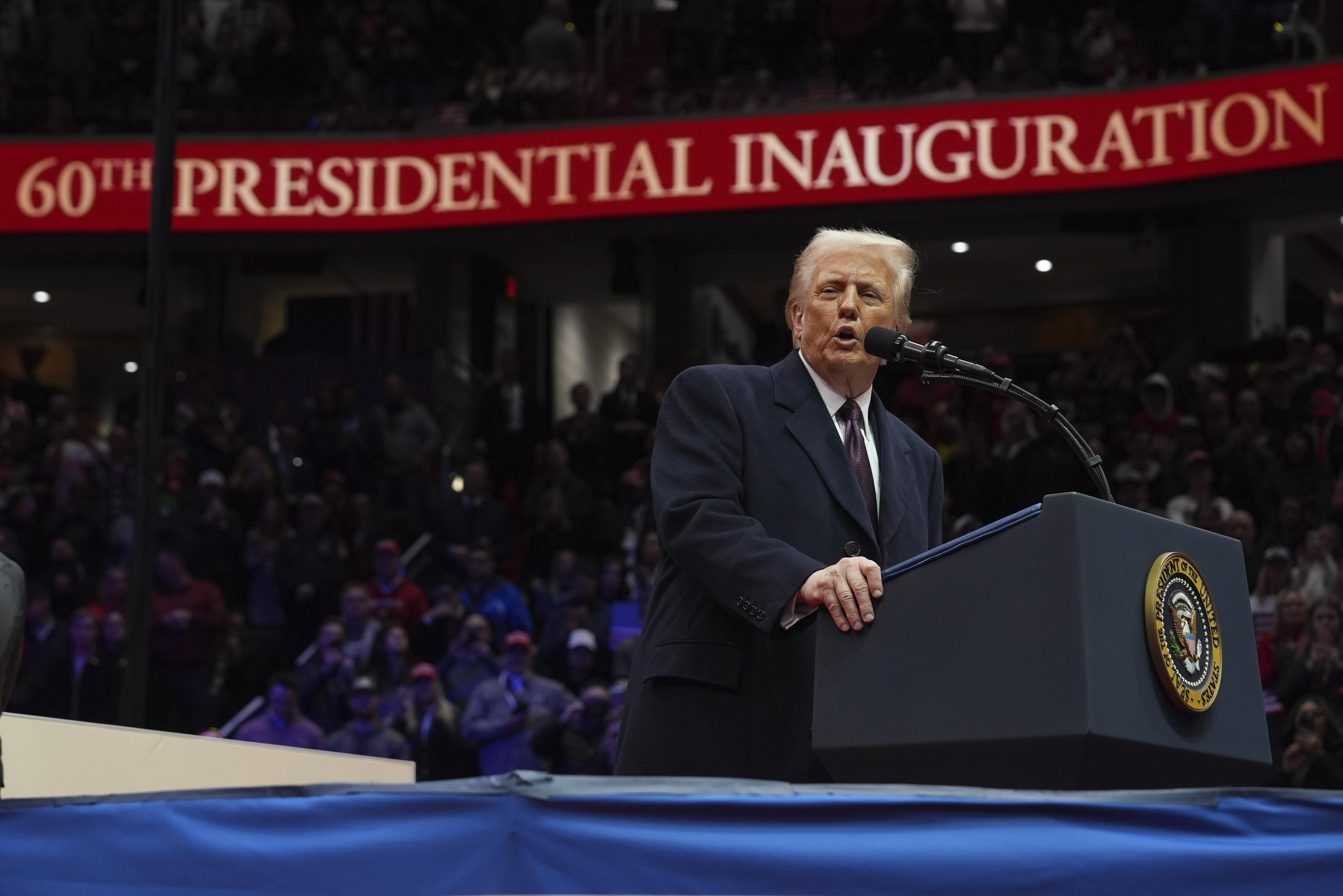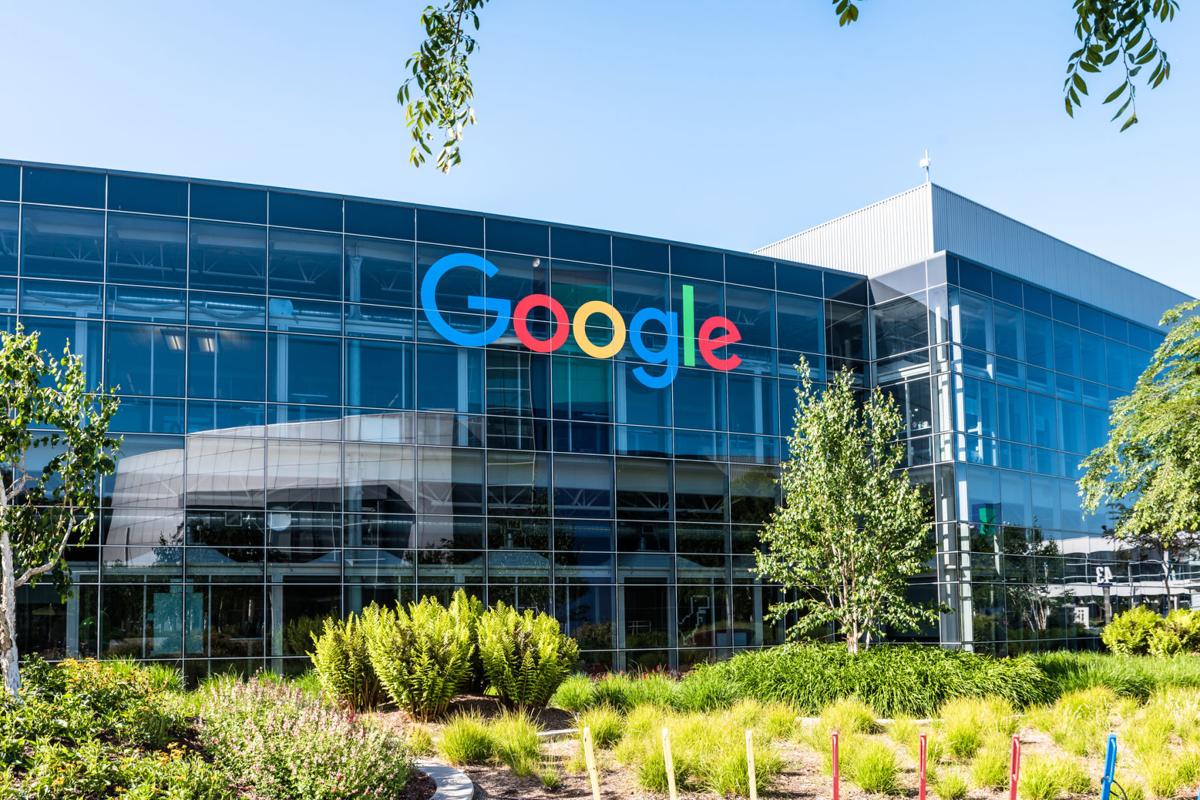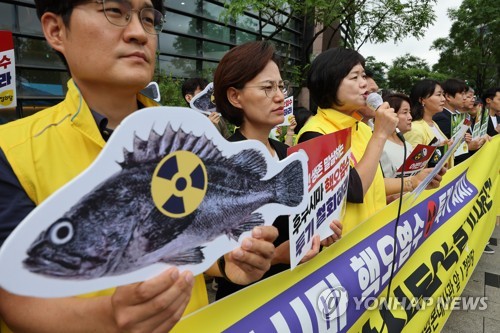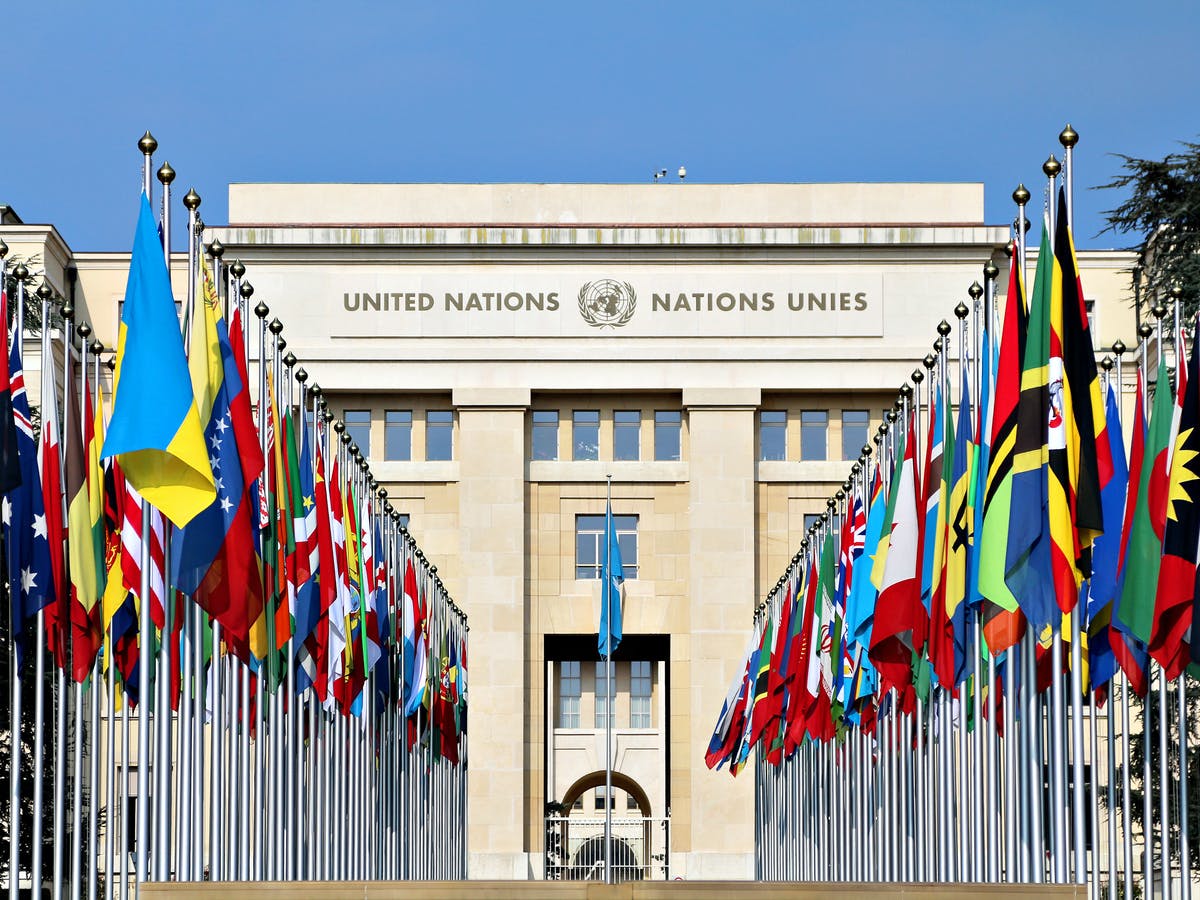WHO and Trump: A New Era for U.S. Policy!
On his first day back in office, President Donald Trump’s series of executive actions underscored his continued commitment to an “America First” agenda, characterized by an isolationist foreign policy, economic protectionism, and skepticism toward multilateral organizations and international agreements. This policy orientation was evident in several key decisions related to health, immigration, foreign aid, trade, and national security. Each action was part of a broader strategy aimed at recalibrating the U.S.’s role on the global stage, asserting national sovereignty, and prioritizing domestic interests.
U.S. Withdrawal from the World Health Organization (WHO)
One of the most prominent and controversial actions Trump took was the announcement of the U.S. withdrawal from the World Health Organization. This was not a new decision, as Trump had previously initiated the process in 2020, but it signified the continuation of his administration’s skepticism toward international institutions. The reasons Trump cited for the withdrawal were primarily centered on criticisms of the WHO’s handling of the COVID-19 pandemic and its perceived undue deference to China. Trump argued that the WHO’s failure to effectively address the outbreak and its alleged failure to hold China accountable for its role in the pandemic were serious shortcomings that undermined its credibility and effectiveness as a global health organization.
Moreover, Trump claimed that the U.S. was unfairly shouldering the financial burden of the WHO, contributing significantly more than other countries, and that reforms were necessary to make the organization more accountable and less politically influenced. By withdrawing, Trump sought to preserve U.S. autonomy over health-related decisions, positioning the U.S. as less dependent on global governance structures. However, this move was met with backlash from public health experts and other countries who believed that the U.S. should remain engaged in global health efforts, particularly during a pandemic.
Suspension of Foreign Aid
Another significant action Trump took was the suspension of foreign development assistance for 90 days to review its alignment with U.S. interests. This decision reflected his ongoing skepticism about U.S. involvement in international aid programs and his desire to ensure that foreign aid served American national interests. Trump had long criticized foreign aid as a drain on U.S. resources, often arguing that it should be tied to tangible benefits for the U.S. and its strategic priorities. While the suspension was framed as a review process, there were concerns about the potential disruption to humanitarian efforts, especially in conflict zones and developing countries reliant on U.S. assistance.
However, the actual impact of this move was uncertain, as much of the foreign aid funding had already been approved by Congress, suggesting that the suspension would primarily apply to future assistance rather than existing commitments. The review process was likely to focus on ensuring that aid programs were aligned with U.S. economic, security, and political interests, rather than broader humanitarian goals.
Reversal of Cuba Policy
Trump’s reversal of President Joe Biden’s decision to remove Cuba from the list of state sponsors of terrorism represented a clear reassertion of his hardline stance toward the Cuban government. Trump had been a vocal critic of Cuba’s communist regime, and his administration had re-imposed a range of sanctions aimed at isolating Cuba diplomatically and economically. The decision to designate Cuba as a state sponsor of terrorism once again was seen as a move to punish the Cuban government for its support of regimes and groups deemed hostile to U.S. interests, such as those in Venezuela and Nicaragua.
Cuban President Miguel Diaz-Canel condemned the move as “arrogant” and “false,” underscoring the tensions between the two nations. For Trump, the reversal was in line with his broader foreign policy approach, which prioritized opposing authoritarian regimes and supporting democracy and human rights abroad, though this often meant taking a confrontational stance toward countries that were not aligned with U.S. interests.
Trade Reviews and Tariff Threats
On trade, Trump directed reviews of several key agreements, including the U.S.-China trade deal and the U.S.-Mexico-Canada Agreement (USMCA), with an emphasis on addressing “unlawful migration” and the trafficking of fentanyl. His administration had previously implemented tariffs on Chinese goods and had renegotiated NAFTA into the USMCA to ensure more favorable trade terms for the U.S. The concern about fentanyl trafficking, particularly from China and Mexico, was a continuation of his “tough on crime” approach and reflected broader concerns about drug-related violence and national security.
Trump’s threat to impose additional tariffs if these countries failed to act on these issues was consistent with his economic protectionist stance. He had repeatedly argued that U.S. trade relationships were often unequal, with the U.S. bearing the brunt of trade imbalances while other countries benefitted without adequately addressing U.S. concerns. By linking trade negotiations to security and drug-related issues, Trump sought to use economic leverage to shape the behavior of other nations, reinforcing his “America First” narrative that prioritized U.S. interests over global cooperation.
Delay in Enforcement of TikTok Ban
Finally, Trump’s direction to the Justice Department to delay enforcement of the TikTok ban reflected his administration’s ongoing concerns about national security threats posed by foreign-owned technologies, particularly those linked to China. The Trump administration had pushed for a ban on TikTok, citing the app’s potential for data collection by the Chinese government and its use for influence operations. However, his decision to delay the ban signaled a more cautious approach, allowing his administration to reassess the legal and political ramifications of such a move.
This delay could also have been motivated by the recognition that such a ban would face significant legal challenges, including from tech companies and possibly the courts, as well as concerns over the potential backlash from millions of American users. The issue of TikTok also illustrated the broader debate about the balance between national security concerns and the free flow of information and technology in an increasingly globalized world.
How Tinotenda Pundu Survived 5 Days in a Deadly Game Park! | Maya
Outcome
Taken together, these executive actions from President Trump on his first day back in office reinforced his long-standing policy priorities: limiting U.S. involvement in international organizations and agreements, prioritizing national sovereignty, and promoting economic protectionism. While these actions were consistent with Trump’s previous policies, they also highlighted his ongoing skepticism toward multilateralism and his preference for unilateral decision-making. The consequences of these actions, particularly in the areas of global health, foreign aid, and trade, were likely to have long-term impacts on U.S. foreign relations and its standing in the international community, even as they appealed to his domestic political base by advancing an “America First” agenda.
How can AI be used to enhance creativity and innovation? | Maya




